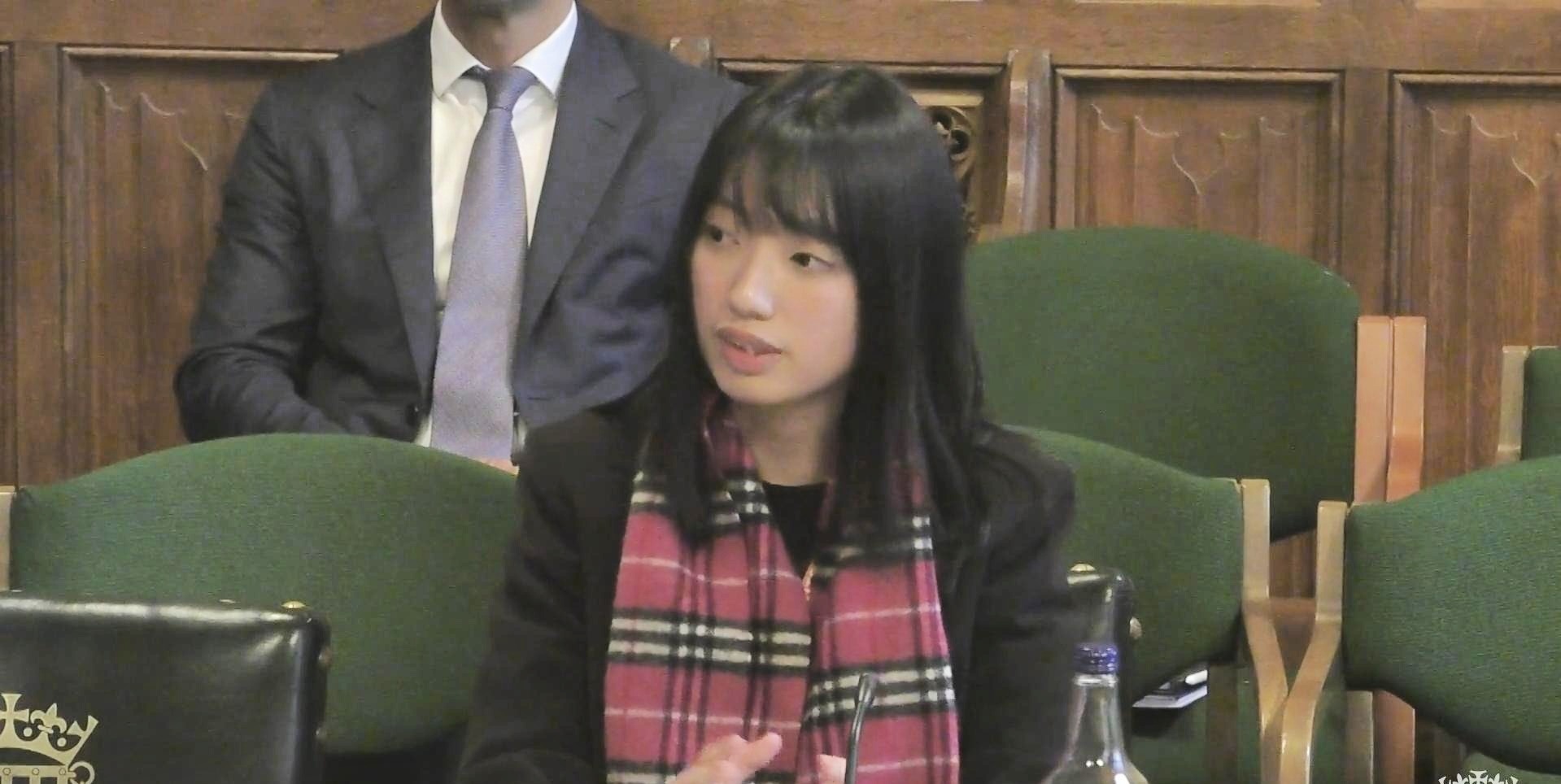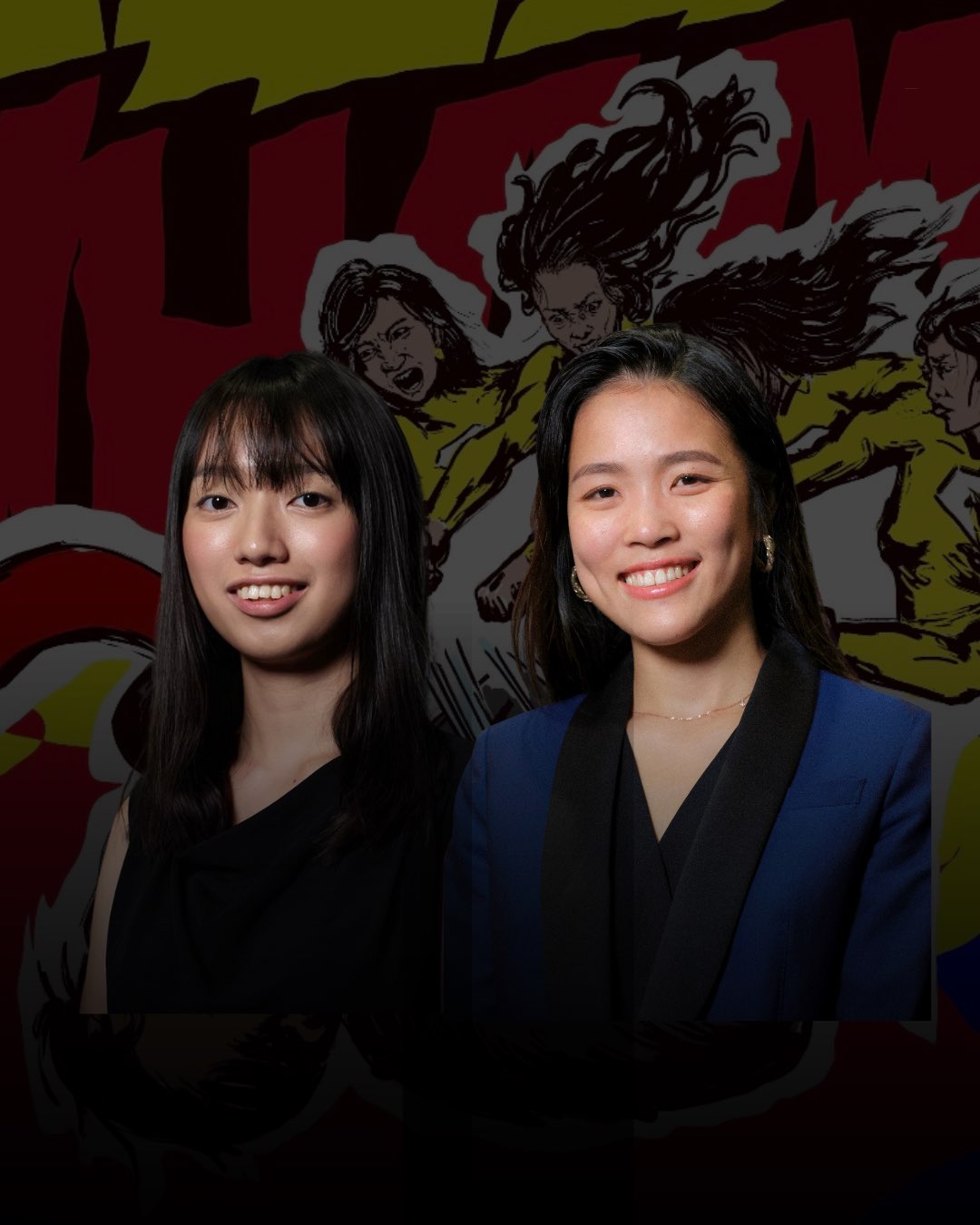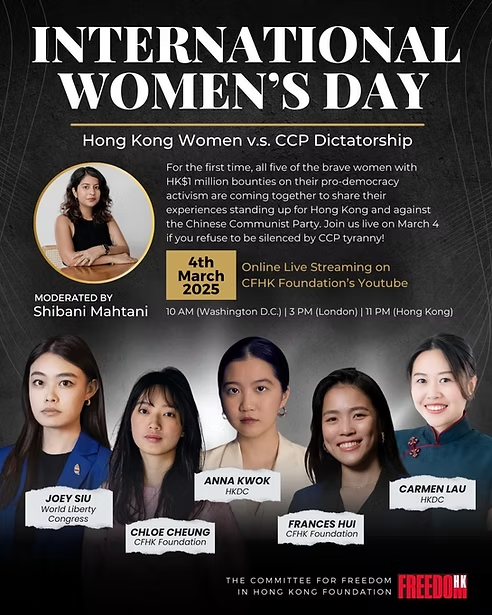This blog is authored by Howard Zhang, a former BBC reporter and editor for nearly 24 years. He was head of Service for BBC News Chinese (2016-2023) during the 2019 Hong Kong movement.
Her BBC Days
I first met Gwyneth in early 2017.
In hindsight, it was no longer the hay day of journalism in the former British colony when BBC bosses decided to move most of the Chinese Service posts from London to Hong Kong.
Any visitor to the territory could easily pick up a sense popular anger and angst in the aftermath of Occupy Central and Umbrella Movements. Especially for young Hong Kongers, the fear of Beijing gradually taking away their freedoms was all too real.
It was evident that journalism was fast becoming a dangerous career in Hong Kong.
That said, many answered the BBC’s recruitment call. Some held out hope that an international name like the BBC would offer better protection.
Gwyneth was one of the outstanding candidates. I still remember her walking into the interview room wearing a standard white shirt, shoulder-length hair and dark-framed glasses – like any fresh graduate from university. But her sharp and articulate side soon shone through. She impressed the panellists with her knowledge on current affairs and her succinct answers on how media outlets could try attracting young women audience in a digital age.
She soon made a name for herself at the BBC for writing in-depth feature stories and filing video reports in both English and Chinese. She was a rising star.
Making a “Stand”
That’s why it came as shock when she decided to leave the BBC less than two years into the new job.
In early 2019, mass protests started to break out after Hong Kong government tabled a controversial extradition bill. Many in Hong Kong feared they would lose judicial independence to China.
Tension also began to simmer inside the BBC office. I received several internal complaints over protest coverage. Some staff of Mainland background accused the BBC of being “partial” and “sympathetic” towards the protestors; on the other hand, some Hong Kong staff felt the BBC reports were “too soft” on the government.
It was at this juncture, Gwyneth handed in her resignation. She explained that she wanted to pursue a postgraduate degree in the Netherlands. It was sad to see her go but I secretly hoped that she would return after her studies.
Gwyneth did indeed return to Hong Kong a few months later. But instead of re-joining the BBC, she became a reporter for the pro-democracy Stand News. Her reports on the protests made her a household name. She even gained a popular nickname – “Big Sister of Stand News” (立場姐姐).
One of her most famous reports even made international headlines. Unfortunately, it was when she was brutally beaten while live-streaming the Yuen Long Station attack incident. During the attack, local gang members armed with sticks charged into the station and indiscriminately assaulted protestors and bystanders.
Gwyneth kept filming and reporting and was violently beaten. She suffered serious injuries.
Standing for Election
Shortly after the incident, she decided to quit journalism and stand as candidate for the legislative council election.
Sensing popular support for pro-democracy candidates, the government controversially postponed the election.
Arguably knowing the potential consequences, Gwyneth and other activists made another defiant stand. They organised and participated in a high-profile “primary” (not recognised by the government) and won massive popular support.
The government retaliated. Disqualification announcements were soon followed by mass arrests. Along with dozens of others, Gwyneth was accused of crimes ranging from partaking in Tiananmen commemoration vigil to breaking the National Security Law.
In May 2024, Hong Kong court convicted her and others and sent them to prison. These decisions were widely condemned by democratic governments and international rights organisations around the world. Many rights lawyers argue that the only “crime” Gwyneth and others committed was making a stand for freedom and defying the authorities.
I am not qualified to comment on the legal aspects of her case. But as an observer, one thing is crystal clear to me: Gwyneth is an idealistic, principled and courageous young person who knows where she stands in life. She made a series of fateful decisions – leaving the BBC, joining Stand News and standing for the “illegal” primary.
The authorities consider her a troublemaker and a threat to “national security”. But for many ordinary Hong Kongers and rights campaigners, the name Gwyneth Ho along with that of Jimmy Lai, Benny Tai, Joshua Wong and many others will be forever remembered as the ones who dared to make a stand for a free Hong Kong.

Gwyneth Ho (Image: via @FY4Chan/Twitter)






